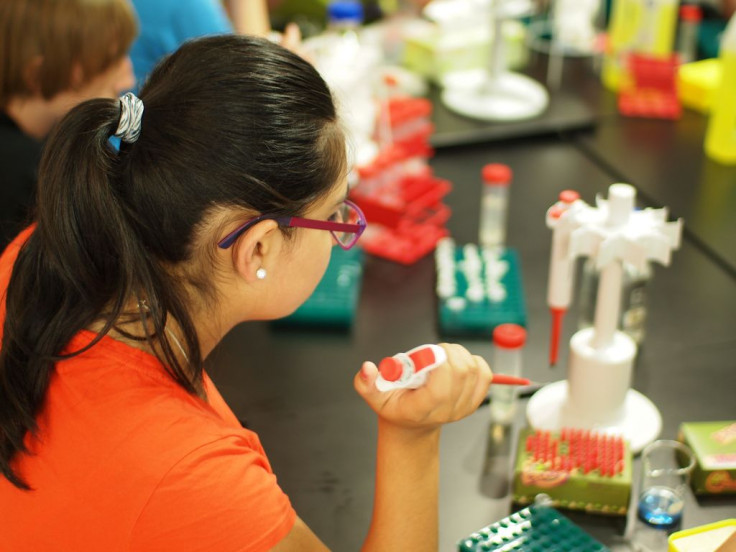Whole Genome Testing May Soon Replace Genetic Testing, But How Effective Is It?

Illnesses arise as a result of heredity and environment. The environment can sometimes alter our genetic information, and this genetic information can ultimately undergo minor or major changes, causing diseases and disorders. It is useful, then, for doctors to utilize genetic testing in order to test for specific ailments, such as cancer, especially if a patient shows potential symptoms or has a family history of the disease. However, with the advent of whole genome sequencing, could predispositions toward any and all diseases be measured — before symptoms are even seen?
A new study tested the efficacy of whole genome sequencing in the hospital setting. Though an uncommon practice, researchers hope it will soon be used everywhere to diagnose disorders that are otherwise difficult to spot. The researchers sought to test whether whole genome sequencing would be applicable in a hospital setting, whether the information gleaned would be conclusive, and whether patients would be helped or harmed by the information given. In a study of 23 pediatric patients and two adult patients, whole genome sequencing's efficacy was examined.
Genetic testing differs from whole genome sequencing. Genetic testing seeks to identify one specific genetic abnormality, associated with a particular disease or disorder. For example, when Angelina Jolie was tested for breast cancer earlier this year, she received a genetic test for irregularities in her breast cancer genes. The test identified an abnormality in her breast cancer or BRCA1/2 genes, and therefore led her to take all the precautionary steps she did. Genetic testing can also test for other disorders like Down syndrome, sickle cell anemia, cystic fibrosis, and many others. The key in genetic testing is knowing what one is looking for.
On the other hand, whole genome testing offers far more information than one is seeking. It offers a read-out of all of a person's genes and allows for variants to be picked out with ease. However, because there is so much information to process after whole genome testing, doctors shy away from its use. The process is often not covered by insurance companies, and can cost patients anywhere between $5,000 and $10,000. Having information about all of one's genes can be challenging, as a clinician may not know what each abnormality means. Although the researchers claim that clinicians do not see whole genome testing as a useful tool in all cases, it is nevertheless highly useful in some more difficult medical cases.
Researchers found the results for the efficacy of whole genome testing to be mixed, yet promising. They were able to identify 27 percent successful diagnoses, 34 percent potential diagnoses, and 39 percent of the diagnoses were failures. The technique proved very useful in adults and was able to make a successful diagnosis in both tested adults — one for colon cancer and another for hereditary hypertension. The technique was a little less useful for children, however; researchers were only able to identify four definitive diagnoses out of 23 cases tested. Similarly, and almost expectedly, whole genome sequencing was able to diagnose heart arrhythmias, neurological issues, and contributing factors to Down syndrome like mental retardation, poor growth, and facial malformations.
Whole genome testing, despite its cost and excessive information, can still be useful. One could argue that given a greater failure than success rate, whole genome sequencing is as useful, though more expensive than, genetic testing.
However, it is important to note that whole genome testing can offer preventative care whereas genetic testing cannot. Genetic tests are only done in the event that one has an established predisposition toward a disease. Whole genome sequencing can offer information about predispositions toward diseases, even if patients think that they have none. Given the case of rare diseases and disorders, like neurologically-based Charcot-Marie-Tooth disease, whole genome sequencing can save patients a lot of time and medical bills by identifying their disease quickly and starting preliminary treatments as soon as possible.
The researchers firmly assert that whole genome testing should become the new norm. They challenge skepticists to analyze 20 perplexing cases on their own, and then judge whether whole genome sequencing will be useful — and it seems likely that this alone will convince many.
Source: Jacob HJ, Abrams K, Bick DP, et al. Genomics in Clinical Practice: Lessons from the Front Lines. Science Translational Medicine. 2013.
Published by Medicaldaily.com



























